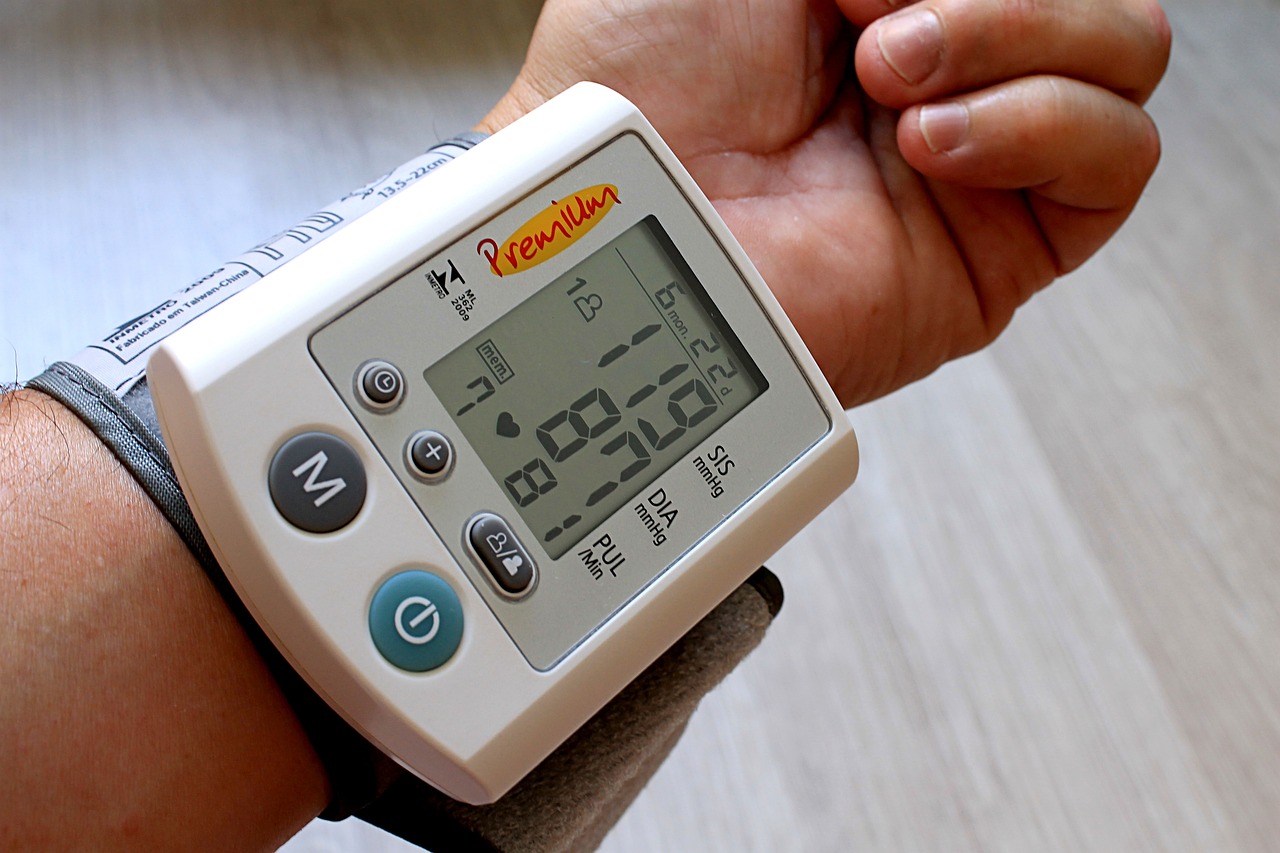High blood pressure has been called the “silent killer” because it generally has no symptoms, yet over time it can cause very serious medical problems. Fortunately, specific changes will definitely lower your blood pressure significantly and increase your general health and well-being. In this blog post, three areas that affect our life that will make a powerful difference are discussed: diet, exercise, and stress reduction.

1. Diet Changes
Your diet is very important in blood pressure control. A heart-healthy eating plan could significantly help.
a. Adopt the DASH Diet
Dietary Approaches to Stop Hypertension, popularly known as the DASH diet, is designed against hypertension. Some of the principles guiding the diet include:
– High in Fruits and Vegetables: The daily intake should be at least five servings of fruits and vegetables. They are good sources of potassium, a balancing agent of sodium levels in the body and relaxes the tension in blood vessels.
– Whole Grains: Always go for whole grain instead of refined grain. Oats, quinoa, brown rice, etc., are superb sources of fiber and many other nutrients.
– Lean Proteins: Add lean meats, poultry, fish, and add plant-based proteins like beans and lentils.
– Low-Fat Dairy: Add low-fat or fat-free dairy products to get calcium without excess saturated fat.
– Reduce Sodium Intake: Limit the intake of sodium to less than 2,300 milligrams a day; even better, it should be 1,500 milligrams. This can help lower blood pressure.
b. Increase potassium and magnesium
Potassium and magnesium are some of the key minerals that would help support healthy blood pressure. Such good food sources for the above-mentioned minerals include the following:
a. Banana and orange: rich in potassium and fiber.
b. Spinach and kale: rich in both potassium and magnesium.
c. Nuts and seeds: These include almonds, sunflower seeds, pumpkin seeds, and good sources of magnesium.
c. Limit Processed Foods and Added Sugars
Processed foods and those with added sugar can raise blood pressure. Cut back on the following:
• Processed Snacks: Chips, cookies, and other prepackaged snack foods are often seasoned with extremely high levels of sodium and coated with unhealthy fats.
• Sugary Drinks: Soda and other sugary drinks cause weight gain and high blood pressure.
2. Activity Habits
Regular physical activity forms one basis of blood pressure management. Physical activity can both immediately and over time benefit your heart health if you incorporate exercise into your routine.
a. Aim for 150 Minutes of Moderate Exercise per Week
According to health guidelines, every week, accumulation of at least 150 minutes of moderate aerobic exercise can help bring down blood pressure. This comes to about 30 minutes a day, five days a week. Activities to consider include:
– Brisk Walking: A low-impact option that can easily fit into your daily routine.
– Cycling: Stationary bike or out in the road, cycling is great for the heart.
– Swimming: This is a great exercise that works out your whole body and doesn’t put much strain on the joints.
b. Add Some Muscle-Strengthening
Muscle-strengthening is good for health alongside aerobic exercise. Include strength-training exercises in your routine at least two times a week. One can do this through the following activities:
– Bodyweight Exercises: Squats, lunges, push-ups, etc.
– Resistance Bands: These generally prove quite versatile for most exercises in building strength.
– Free Weights: Develop muscular strength and stamina with dumbbells and kettlebells.
c. Stick with It and Enjoy the Activity
But consistency is one of the essential ingredients of the recipe for an exercise program. Yet it is hard to persevere with something which is a drag. You should have picked activities that are fun for you. You will not easily get bored with exercise classes, sports, or physical activities that are accomplished outdoors as well.
3. Reduce Stress
If it becomes constant, stress can lead to high blood pressure, so acquaint yourself with techniques of stress management that work best for you.
a. Mindfulness, Meditation
It helps quiet the mind and reduces stress. You may want to add some of the following into your plan, including:
– Daily Meditation: Even a few minutes per day will make a difference.
– Deep Breathing Exercises: You will find them useful in both body and mind relaxation.
– Progressive Muscle Relaxation: This is a process of tensing and then relaxing different muscle groups. This helps in relieving tension from the body.
b. Engage in Soothing Hobbies
Do things that give you pleasure and calmness: Gardening, painting, reading, or listening to music are all hobbies that can help reduce stress.
c. Establish a Strong Social Network
Having a social support network is the most vital factor in managing stress. Keeping in touch with your family and friends and seeking help from time to time if you feel overwhelmed can help release tensions. Socializing and talking about your problems can help unload some of that burden off your chest and possibly bring clarity to the situation.
Conclusion
It is an integral approach to treatment that includes dietary modification, regular exercise, and stress management. All these lifestyle changes could enable one to have better control of blood pressure and also gain a more satisfactory quality of life. Always keep in mind that if you are going to have any radical change in diet or sports, consult your doctor. Here’s to a healthier you!